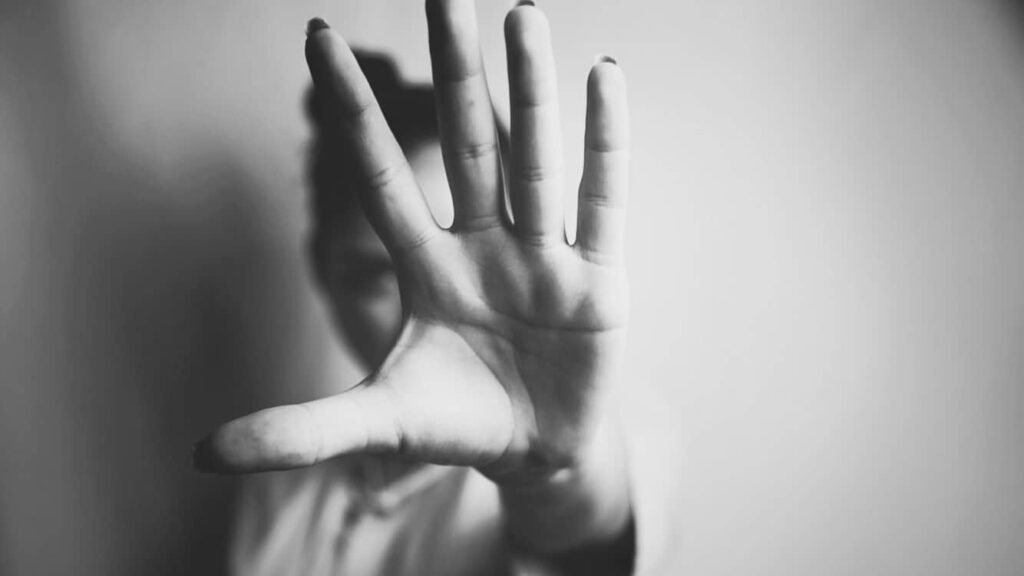
I didn’t sleep last night. I didn’t sleep the night before either. That made last night particularly galling because I was still tired from the night before and fully anticipated a fantastic night’s sleep. As a result, I feel sick in my stomach. When my wife woke up and started making noise, I found it annoying. I find everything annoying. Today is not going to be a good day.
What I’m suffering from today, and what I was suffering from the last two nights, is anxiety. It’s something I’ve worked hard in my life to eliminate because I hate feeling this way. We become anxious when we look away from a challenge in our lives, something we don’t want to look at. It’s usually a future event or circumstance, real or imagined, that we fear the consequences of.
Not only is anxiety an unpleasant feeling, it has other consequences as well. Because it’s the result of turning away from that which we fear, we’re less capable of dealing with the very thing that’s making us anxious. Often we bury the object of our fear so deep, we can’t even identify it anymore. We know that on some level, if we were willing to look inside ourselves without fear, we might be able to find the cause of our pain, and if we could bring it forth, we might be better equipped to eliminate it, but it’s so horrible or so intractable in our minds, we’d rather not.
We often don’t stop with just burying our anxiety either and actually begin to create a false narrative to obscure the object of our anxiety even further. We can see this clearly in others who are insecure about themselves. I suspect we’ve all met people who do nothing but talk about how smart or accomplished they are, even though it’s clear they fear that they are in fact just the opposite. Not only don’t their words fool anyone, but additionally these constructs are exhausting, both for them to create and others to listen to.
When the object of our anxiety is an inevitable future event, however, our hiding fails, and so we walk backwards into said event, totally unprepared, and suffer the consequences. The ironic thing of course, is that often the reality we were fleeing from isn’t as bad as the anxiety of turning away from it. We survive, in spite of ourselves, and wonder afterwards why we were so concerned in the first place.
The point is that the anxiety itself was the thing that was robbing us of our happiness. It was the anxiety itself that was making us more likely to fail. And it was the anxiety itself that was causing us to create distorted images of ourselves and reality, which created a whole new set of problems. Anxiety, in other words, is the root of all kinds of human unhappiness, failure, and illness.
We know this about anxiety, and yet we live in a society where over 80 percent of people are going to a better place where they’ll be happy after they die. Over 80 percent of people are looking away from an inevitability, not because it’s improbable, but because it’s terrible, and even those who aren’t part of that 80 percent, tuck away this inevitability deep into the backs of their minds to avoid looking at it or considering it.
Do you think this might cause some sleepless nights? Might we all be walking around with a slight pain in our gut? Is it possible that we are so afraid to look clearly at our ends that we’d rather drown our existence in substances and media? Might we be spending an inordinate amount of time telling ourselves stories that we can’t really believe to soothe this aching fear? Of course we do and we suffer accordingly.
We’ll spend most of our time together discussing how looking clearly at death and fully accepting its consequences will change our lives for the better. I also wanted to remind us, however, that how we’re currently handling death isn’t necessarily something we really want to hold onto. We may in fact find that the reality we currently see as normal–living in a constant and lifelong state of denial–has consequences of its own, and that eliminating these consequences, the sum of which are the permanent human state that we call anxiety, may, in itself, be reason enough to turn toward that which we fear.
